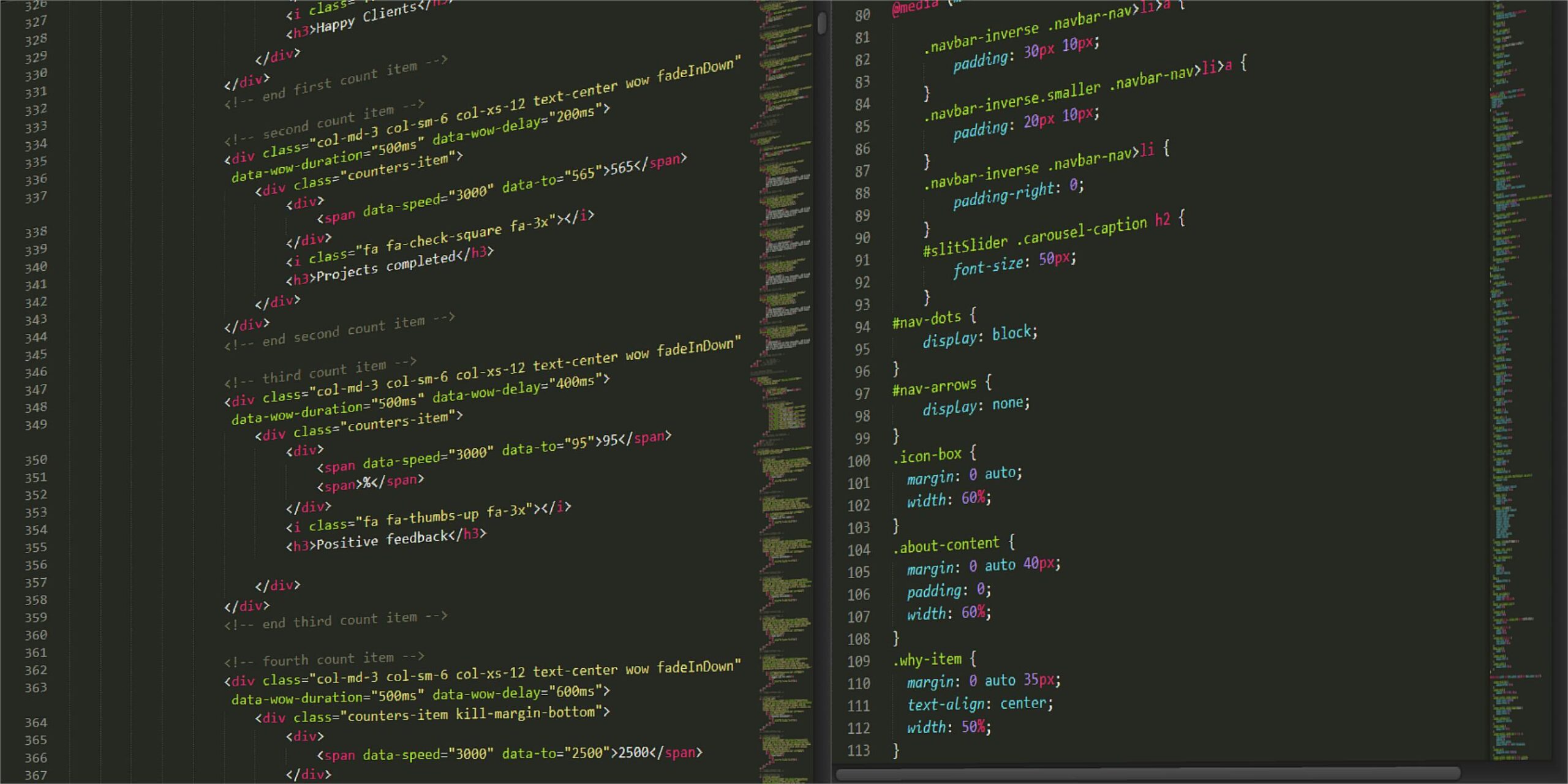When it comes to building a mobile application, one of the most important decisions an app development company faces is choosing the right programming language. This choice doesn’t just affect the app’s performance—it directly impacts development speed, overall costs, and long-term scalability. For businesses hiring a mobile app development company, understanding this connection is key to making informed decisions that save both time and money.
Table of Contents
ToggleIn this article, we’ll break down how programming language choices influence timelines and budgets across different platforms like iOS, Android, and cross-platform solutions.
1. The Link Between Programming Language and Development Speed
Programming languages are more than just tools—they define how quickly developers can bring your app idea to life. Some languages are designed for rapid prototyping, while others require more intricate coding before delivering results.
-
Native Languages (Swift for iOS & Kotlin for Android)
Native development typically offers the best performance and full access to platform features. Swift, the official language for iOS, and Kotlin, the preferred language for Android, allow developers to write highly optimized code. However, because native apps require separate codebases for iOS and Android, the development timeline can be longer if you’re targeting both platforms. -
Cross-Platform Languages (Flutter/Dart, React Native/JavaScript)
Cross-platform frameworks allow developers to write a single codebase and run it on multiple platforms. This dramatically speeds up development if your target audience uses both iOS and Android. Flutter and React Native are two of the most popular options, making them favorites for many modern app development companies. -
Hybrid Development (Ionic, Cordova)
Hybrid frameworks combine web technologies like HTML, CSS, and JavaScript, then wrap them in a native container. This method is quick to deploy but can sometimes lead to performance limitations.
Bottom line: If you need the app quickly for multiple platforms, cross-platform languages are a solid choice. If performance and platform-specific features matter more, native languages are the way to go, but expect longer timelines.
2. How Programming Languages Impact Development Costs
Choosing the right language can also have a significant effect on costs. Here’s how:
-
Native Development Costs
Building in Swift and Kotlin means hiring separate specialists for iOS and Android. A mobile app development company will need to allocate resources for two teams, which usually increases the budget. However, this investment often pays off in terms of better performance and smoother user experiences. -
Cross-Platform Development Costs
By using a single team to create apps for both platforms, cross-platform frameworks like Flutter or React Native can cut development costs by 30–40% compared to native development. However, there may be limitations in accessing certain advanced device features, which can lead to additional customization costs. -
Maintenance Costs
Native apps require maintaining two separate codebases, which doubles the work over time. Cross-platform apps only require updates in one place, which reduces long-term expenses.
3. Platform-Specific Considerations
Different platforms have unique requirements, which can influence both speed and costs:
-
iOS Development
Apple’s strict guidelines mean that apps built in Swift tend to pass the review process more quickly. However, iOS developers often charge higher rates, slightly increasing costs. -
Android Development
The Android ecosystem is more fragmented, which means more testing across different devices. Kotlin speeds up Android development compared to older languages like Java, but testing still adds to the overall timeline and budget. -
Cross-Platform Development
While you can save time with a shared codebase, you may still need platform-specific tweaks to ensure the app works perfectly on both iOS and Android.
4. The Role of an Experienced App Development Company
No matter which language you choose, the expertise of the team matters just as much. A skilled mobile app development company will:
-
Analyze your target audience and choose the best technology stack.
-
Provide cost estimates for different language and platform combinations.
-
Optimize development workflows to save time without sacrificing quality.
-
Ensure the final app meets performance, security, and usability standards.
A less experienced team might choose a language simply because they’re familiar with it, not because it’s the best fit for your project. This can lead to unnecessary delays and inflated costs.
5. How to Decide Which Language Is Best for Your App
When working with an app development company, consider these factors:
-
Target Platforms: If your audience is equally split between iOS and Android, cross-platform might be cost-efficient.
-
Performance Needs: Apps with heavy animations or hardware interactions perform better with native languages.
-
Budget: Cross-platform solutions usually have lower upfront costs.
-
Timeframe: If speed is a priority, shared codebases can get you to market faster.
6. Real-World Examples
-
Native Example: Instagram initially used native development for performance and scalability, which allowed it to handle millions of daily active users efficiently.
-
Cross-Platform Example: Alibaba used Flutter to unify its codebase across platforms, reducing development time and ensuring consistent UI/UX.
These examples show how language choice can align with business goals, whether that’s maximizing performance or minimizing time to market.
7. Balancing Speed, Cost, and Quality
The best choice of programming language balances your priorities:
-
If you value speed and affordability, choose a cross-platform framework.
-
If you prioritize high performance and feature-rich experiences, go with native development.
-
If you want long-term flexibility, choose a language with strong community support and ongoing updates.
Final Thoughts
Programming language selection is not just a technical decision—it’s a strategic one. It shapes how quickly your app reaches the market, how much it costs to build and maintain, and how well it performs for your users.
Partnering with an experienced mobile app development company or app development company ensures you make the right call for your unique project needs. They can evaluate your business goals, target platforms, and budget to recommend the most suitable technology stack—ultimately saving you both time and money while delivering a high-quality product.
